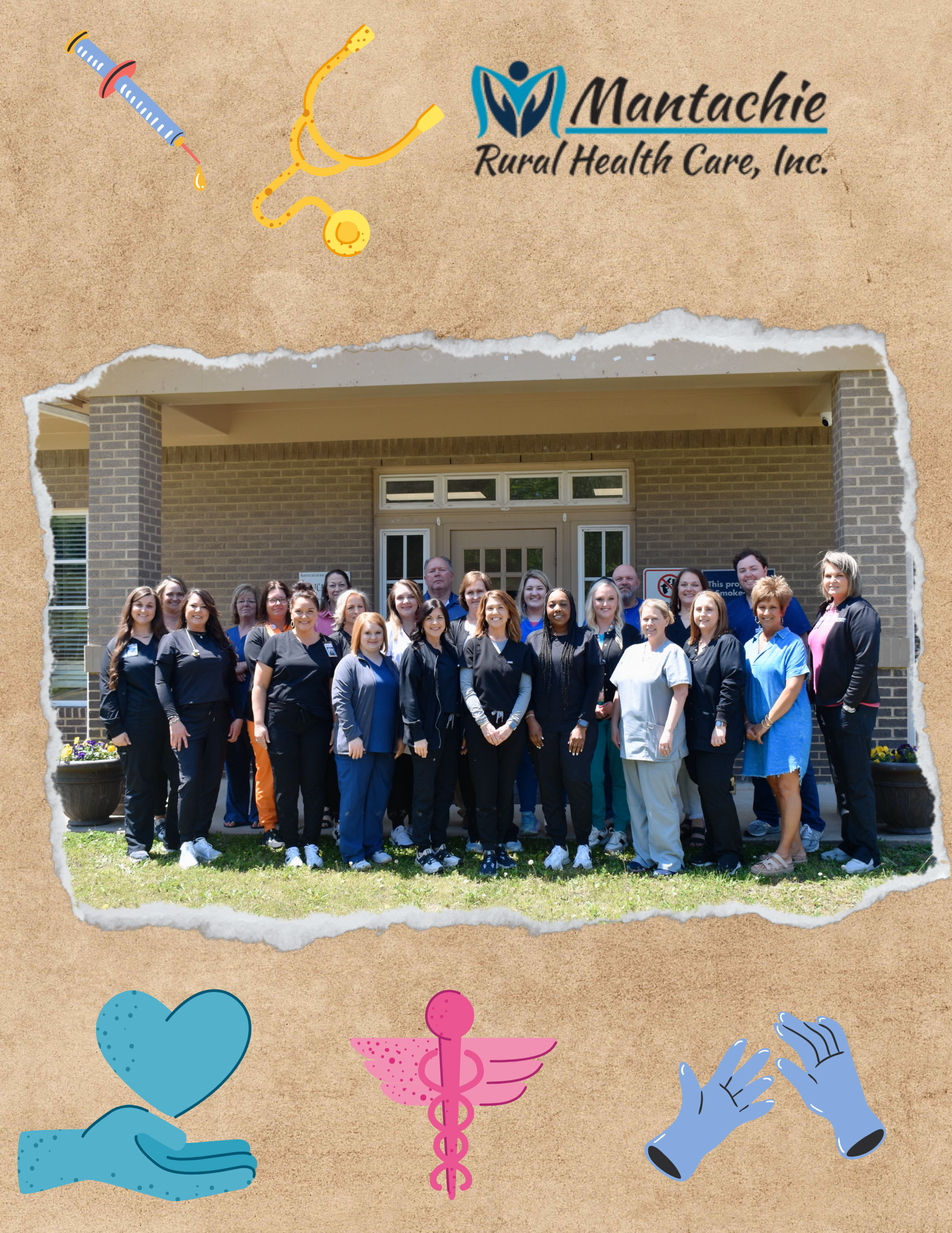
Caregivers serve a crucial role in the successful treatment of diabetes. Diabetic patients have many daily responsibilities required to keep diabetes under control. They often need support from a dedicated caregiver to accomplish each task. A caregiver of diabetes patients share in the daily responsibilities of their diabetic loved one and also provide emotional support.
Six Things New Caregivers of Diabetes Patients Should Know
If you are a new caregiver for a diabetes patient, you may feel overwhelmed. The first step you should take is to create a support team for both you and your loved one. Your support team consists of your loved one’s healthcare providers and other family members or close friends who can provide additional support or act as a substitute for you when you need a break or have other responsibilities. A support team helps curve your burden as a primary caregiver. It also helps the patient with their own needs concerning their new diagnosis.
The next step you should take as a caregiver of a diabetes patient is to educate yourself as much as possible. We offer a number of articles right here on our website about diabetes education. You can also find excellent information on trusted health websites like Mayo Clinic and the American Diabetes Association. Each month we hold monthly diabetes education classes. We recently started sharing a series of live videos on our Facebook page.
Caregiving for diabetes patients requires patience, especially in the beginning following a new diagnosis. Your loved one will need your patience as they try to understand their condition and adjust to their new lifestyle and routines. Daily diabetes care like reading labels, foot care, monitoring blood glucose levels, and administering insulin take time and can be points of frustration. Keeping calm and collected not only helps the caregiver but the patient as well. Stress can increase blood glucose levels. Your loved one may feel stressed if they sense that you are impatient or unhappy.
Caregivers should be willing to “walk the walk” when it comes to living a healthier lifestyle. Diabetes patients are encouraged to follow their new healthy diets and exercise routines when they see their support doing the same. Let your loved one see you eat healthily and exercise with them for motivation.
What Caregivers Can Expect Each Day
Caregivers should expect to help their loved one with all of their daily diabetes responsibilities. Some of those include keeping blood sugar levels regulated and checking their skin for signs of diabetes-related issues. Your loved one may need help monitoring their blood sugar levels, following a set eating schedule, exercising, and creating healthy meals based on their healthcare provider’s recommendations. You will need to make sure they receive plenty of fluids to prevent dehydration. Caregivers should also monitor how their loved one feels throughout each day and help them learn to manage stress.
Daily grooming is extremely important. Diabetics often suffer mouth and dental problems. Following good oral health habits like brushing at least twice a day and flossing daily are crucial for maintaining mouth health. Foot care is just as important. Diabetes patients are more likely to have an infection from ingrown toenails. Which means their feet and toes should be checked daily. Toes should be trimmed regularly to prevent ingrown toenails and the nails should never be rounded at the corners when trimmed. Diabetics need to wear shoes all day even at home. New shoes should be worn for the first few days at home for 1-2 hours before checking for new blisters.
Diabetics are also more susceptible to skin infections and non-healing wounds than people without diabetes. Patients will need to be checked each day from head to toe for signs of red spots, sores, calluses, and blisters.
Mantachie Rural Health Care offers support for diabetic patients and their caregivers in a number of ways including diabetes education classes. Follow us on Facebook for updates on our next class.





Speak Your Mind